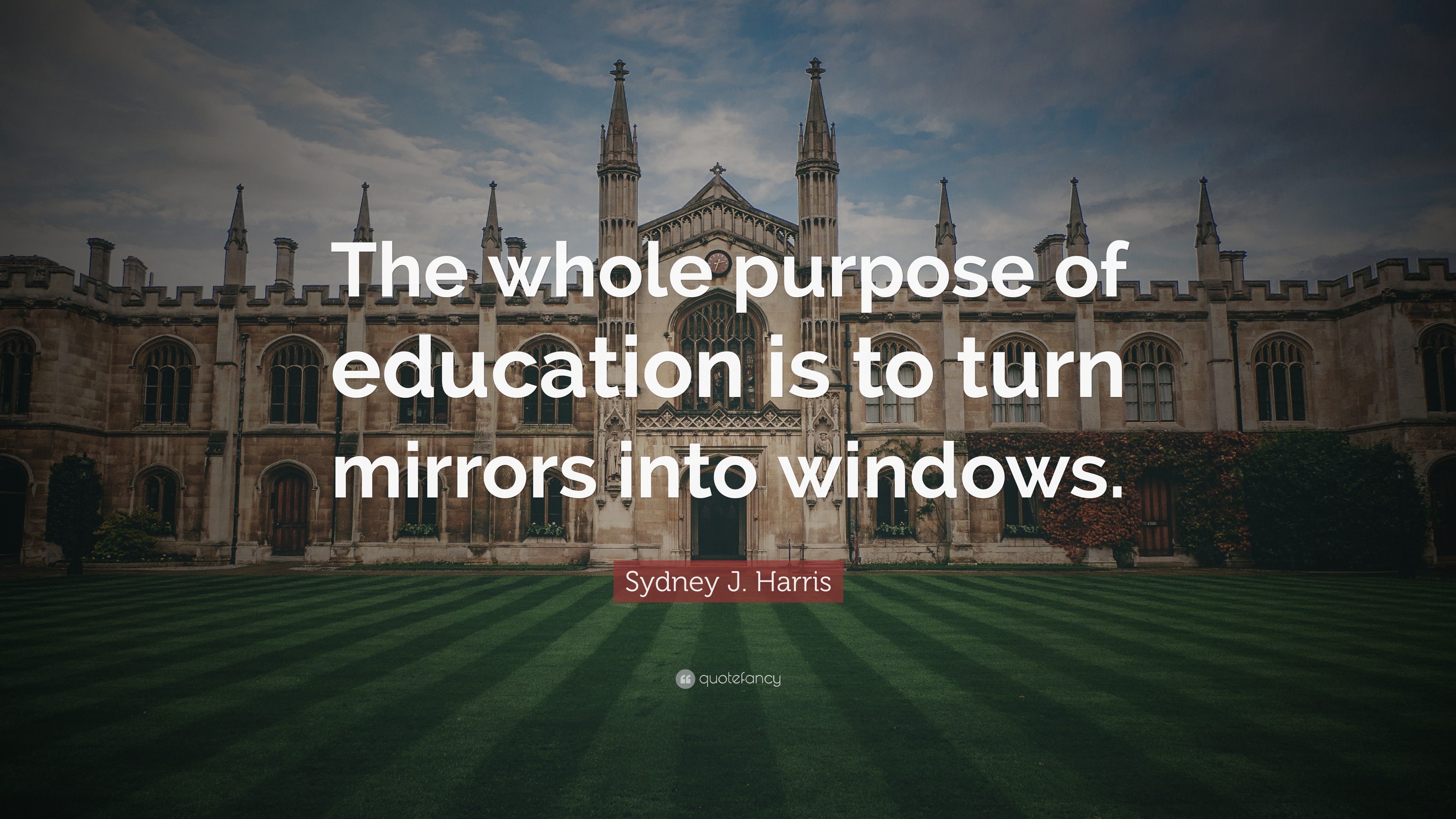Michael Oher's Story at Scale Why Industry-Led Academies May Be the Future
A Perspective by Someone Who Couldn't Hack Academia

As we progress along the Kardashev Scale, energy harnessed on Earth will increase a hundredfold and will mostly be solar aka fusion aka starlight.
— Elon Musk (@elonmusk) May 12, 2025
Then energy harnessed will increase perhaps a billionfold if we make it to Kardashev II, with space solar power, and another… https://t.co/0cHovopB9l
I stumbled across an X post from Elon Musk, envisioning the future of humans entering into Kardashev Type II civilization, which prompts me to rethink about today’s education system. Achieving technological feats like reaching a Kardashev Type II civilization would not have been possible without unlocking the potential of at least 80% individuals on this planet—a factor too often overlooked in human history, where the focus has largely been on exploiting various energy sources. Would we have reached today’s technological heights without the Renaissance, revealing what humanity is capable of when we recognize human potential and value?
This mission could hardly be fulfilled under today’s brittle education system. Industries already possess the resources—and, more importantly, a concentration of brilliant minds—to build their own academies and train 18-year-olds with high school diplomas through highly optimized curricula, bypassing traditional universities entirely. Would not it be a genuine waste if those brilliant minds played no role in nurturing the next generation? Imagine tech giants like Google or Tesla running academies tailored to their ambitions, taught by their top talent. Universities, after all, have long started to resemble businesses. Yet the privileges they enjoy often seem to adversely affect their ability to cultivate young minds. (It is not universal, but access to those remaining as exceptions is limited.) Self-oversight leads to complacency. What if universities operated like S&P 500 companies—would it be a burden, or would it push them to become truly effective educational institutions? A profit-driven mindset might actually drive education providers to offer peak learning experiences to their customers. Aren’t those unprofitable but scientifically or socially fundamental programs the sources of competitive edge and the lasting value of traditional universities?

In The Matrix, a chilling image shows humans encased as batteries to power AI. A more scientifically plausible scenario (temporarily omitting ethical concerns) is one where human minds become distributed simulating environments for AI’s continual learning. Once text and multimodal data are exhausted, the next phase of AI development may depend on mining human thinking traces—an inexhaustible source of training data, assuming human diversity and creativity survive oppressive forces. Until breakthroughs in brain–computer interface technologies allowing effective conversion of biochemical signals in human brains into tokens, these thinking traces could be harvested through human–LLM interactions. A centrally trained LLM serves as a baseline with reasonable cognitive capacity for meaningful human-AI interactions, but its future potential hinges on decentralized learning powered by billions of end users, each acting as a unique, parallel simulation environment.

To me, The Blind Side captures the true purpose of education: to uplift and empower individuals. Yet today’s educational institutions have gone astray, sinking into a swamp of reward hacking—where funding takes precedence over genuine learning. In contrast, high-tech companies dedicated to education services, combining AI tutors and human tutors and no longer hiding profit motives behind a glittering facade, hold the potential to revolutionize the system, unlocking each individual’s potential with personalized learning experiences at scale. Platforms like Coursera and edX have begun dipping toes, but so far only as supplements to traditional paths. Transformative stories like Michael Oher’s cannot be replicated by the current system—but with personalized AI tutors, they might have become scalable. More importantly, industry-led academies should emerge as a true parallel system, not just an auxiliary option.
Acknowledgement
The completion of this blog post was assisted by OpenAI ChatGPT in refining phrasing, expression, and recommending titles and sayings.
@misc{Cai2025rethinked,
author = {Xin Cai},
title = {Michael Oher's Story at Scale: Why Industry-Led Academies May Be the Future},
howpublished = {\url{https://totalvariation.github.io/blog/2025/rethink-education/}},
note = {Accessed: 2025-06-19},
year = {2025}
}